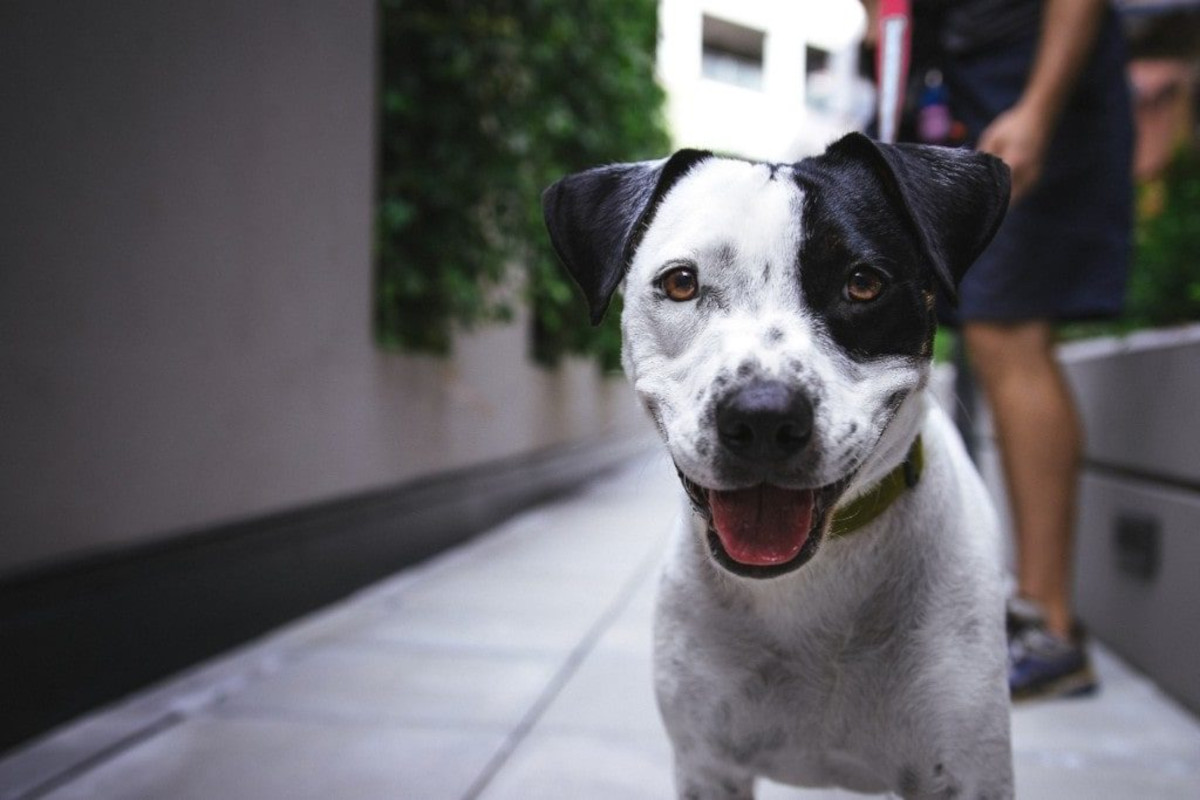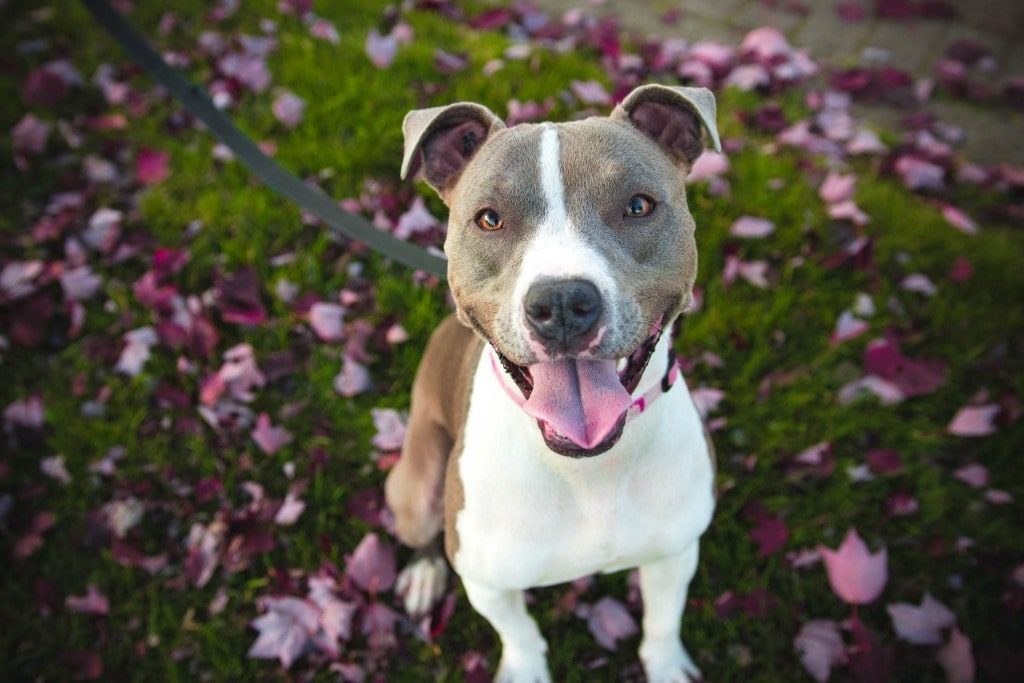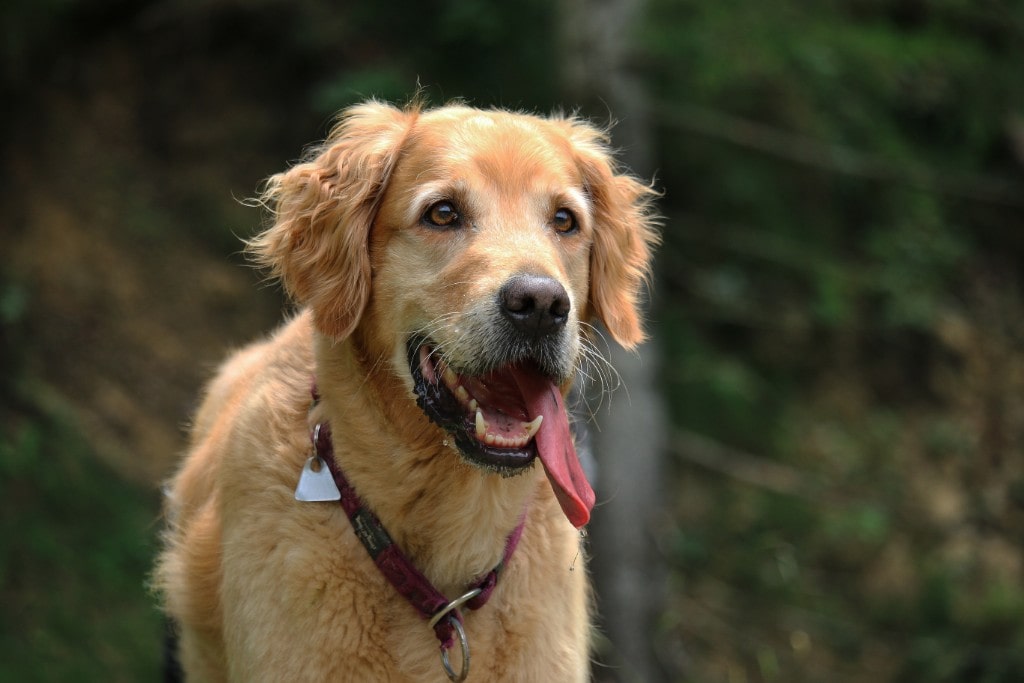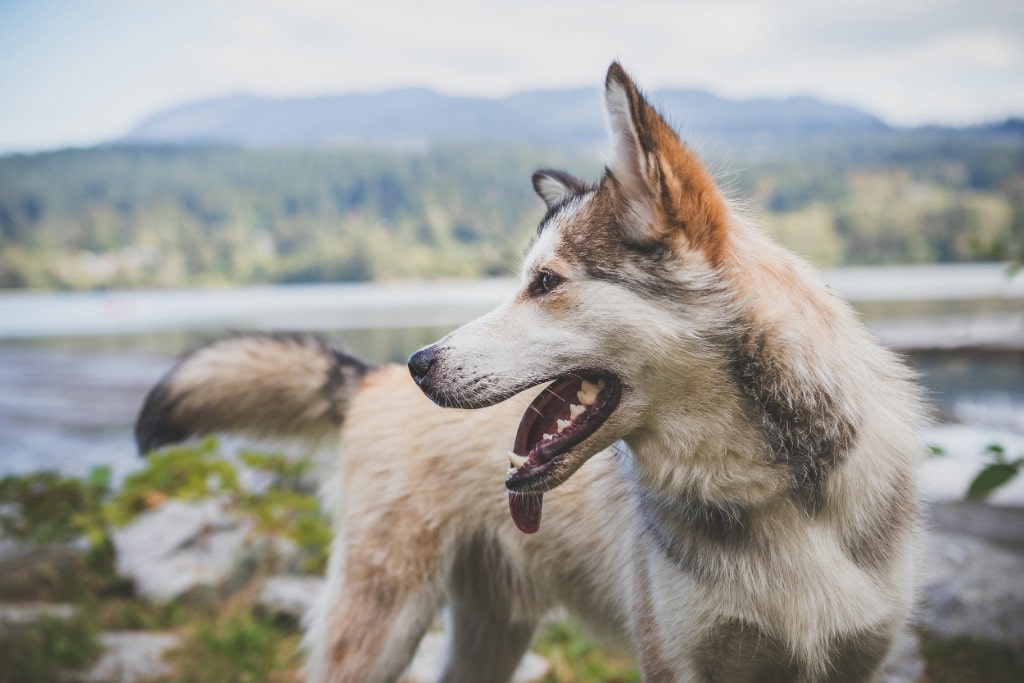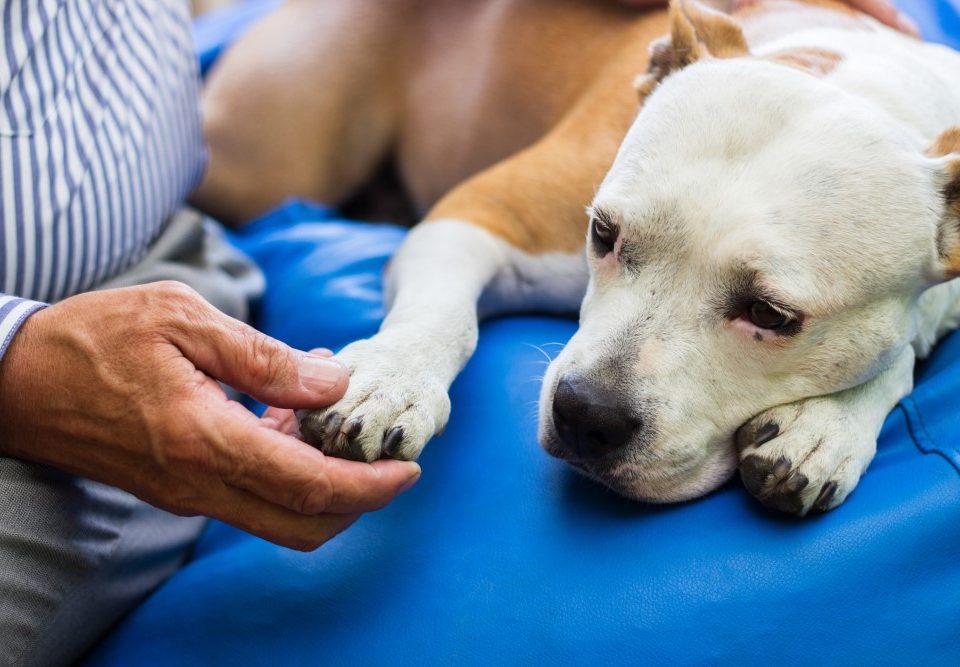
Your Cat Has Bad Breath? Here is Why You Should Be Worried
November 22, 2018Your Cat Drinking A Lot Of Water? Learn Why
December 12, 2018Why does my dog’s breath smell? Normal dog breath doesn’t have a particularly strong odour. A healthy mouth shouldn’t give off any unpleasant smells. So, if you notice bad dog breath then that may be a sign of gum disease. Or something more. Why does my dog’s breath smell? Causes for bad breath in dogs are shown here…
Keeping Breath Fresh
Good oral hygiene is the best way to keep dog bad breath at bay. Daily brushing encourages healthy teeth and gums. Toothpaste designed especially for dogs is readily available from your vet or at your local pet store.
Dental chews can act as a quick breath freshener. And adding a dog mouthwash to water bowls can remove tartar and leave a fresh smelling breath. A dry, cereal based food supplemented with raw meaty bones is the ideal fresh breath combination. Wet food has more water which is also good for the mouth.
There are also herbs that help with bad breath in dogs. Try chopping parsley, sage, clove, or eucalyptus into food to combat nasty odours. Regular check-ups with your vet will ensure that when you say “my dog has bad breath” a proper diagnosis will be made and treatment carried out as necessary.
Causes of Bad Breath
Why does my dog’s breath smell? There are many reasons for unnatural smelling breath that can indicate serious health issues. These include:
Food
If you think the food your dog is eating is the cause of the halitosis you may need to ask your vet for advice. Dry dog food contains all shapes and sizes of kibble. And may not be helping with cleaning teeth. Some foods also contain added sugars that can contribute to tooth decay.
Foreign Bodies
Items such as bones, sticks, and other non-food objects can get stuck in between your dog’s teeth. Bacteria will start to grow and the breath will start to smell.
Gum Disease
Tooth decay and gum disease are indicated by red and swollen gums with a build-up of tartar on the teeth. Food remnants that stay in the mouth become breeding grounds for bacteria to quickly form plaque and tartar. Rotting teeth are an obvious sign of gum disease.
Kidney Disease
Decrease in kidney function and kidney failure results in an ammonia-smelling breath. Waste products build up in the blood stream and this is what causes the smell.
Liver Disease
Lack of appetite, vomiting, and yellow-tinged gums are the potential signs of liver problems. And your dog’s breath smells like fish.
Poisons
A number of toxic substances such as anti-freeze or rodenticides may be ingested by your dog. So, if you think your dog may have come into contact with any type of poison this will need urgent vet attention.
Diabetes
Diabetes will cause the breath to smell sweet and fruity. If left unattended the immune system can become suppressed and bacterial growth in the mouth will increase.
Oral Tumours
Bacteria will take over any dead areas in the mouth caused by tumours. And this is what smells. Any discolouration and lumps in the mouth need to be checked by your vet immediately.
Benign and malignant tumours of the mouth account for 6% of all tumours in dogs. With melanoma and squamous cell carcinoma being the most common.
Vet Intervention
Your vet will provide you with comprehensive dental care including teeth polishing. And is some cases ultrasonic de-scaling. Your vet will take X-rays if they diagnose an underlying problem with the gums.
They will carefully remove any foreign bodies from the mouth. If they’ve been swallowed and are blocking the intestine your dog will need an x-ray or ultrasound. And possible surgery for removal.
Manage kidney problems with a combination of medical and dietary options. The vet will treat liver disease depending on the cause and seriousness of the condition. Also, they may administer antibiotics, fluids, and sometimes steroids. Your pet may need medication to decrease vomiting and nausea.
Dog poisoning needs the use of antidotes if you know the toxin. Your vet will closely monitor organ function until they process the poison from the body.
For diabetes your vet will recommend the best diet, exercise, and possible injections to avoid sudden spikes in glucose levels.
Oral tumours require speedy treatment with x-rays, diagnostic tests, and surgery. If the vet discovers cancer, treatment may involve chemotherapy, radiation therapy and chronic pain relief.
Home Visit Vets with Dog Euthanasia
Sadly, for some bad breath outcomes dog euthanasia at home may be your final option. The vet will answer all your questions and you will receive all the support you need during this traumatic time. The vet will carry out the gentle procedure; a vet with years of experience helping families and their dogs. And you’ll be able to say goodbye knowing that the suffering has finally ended.


